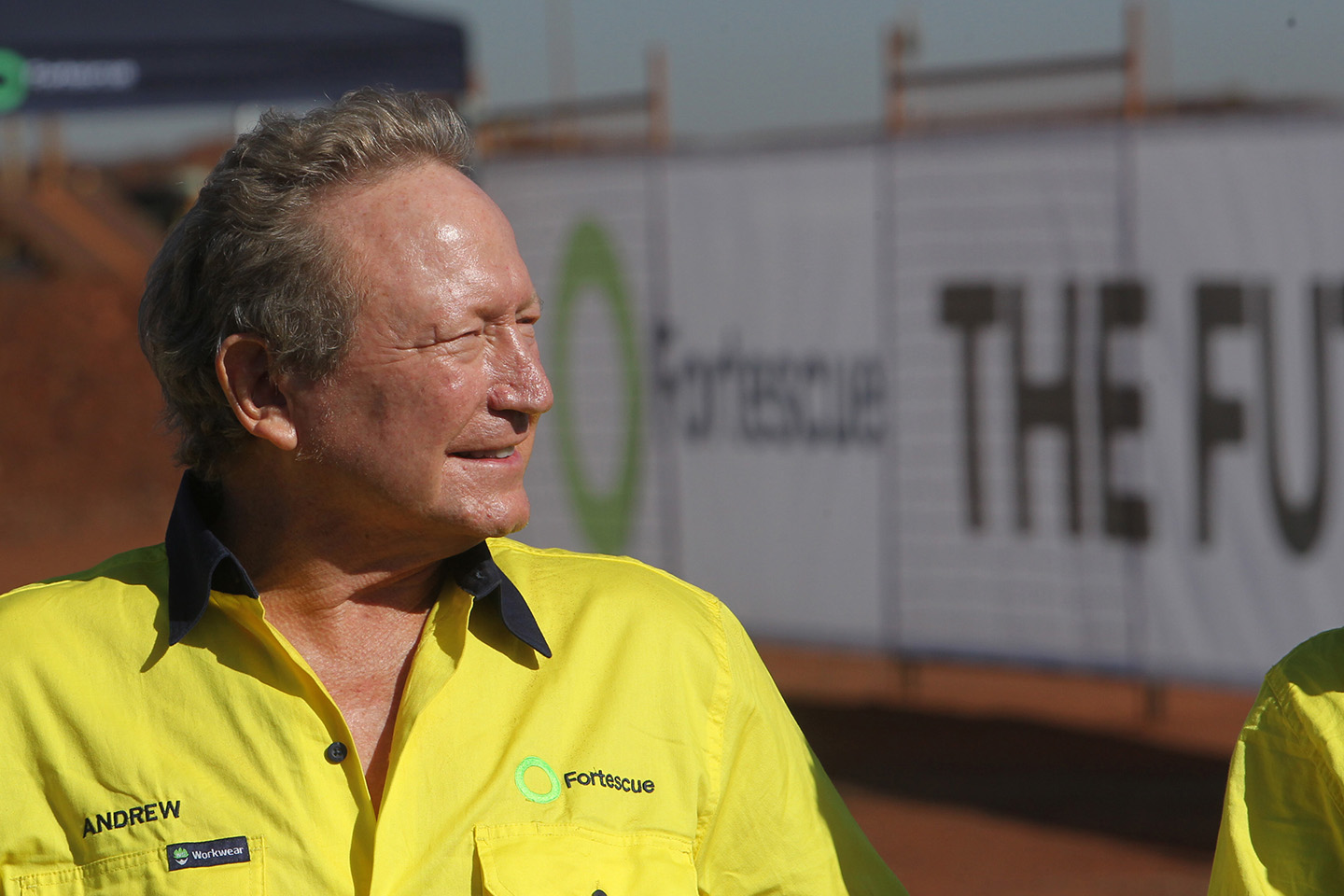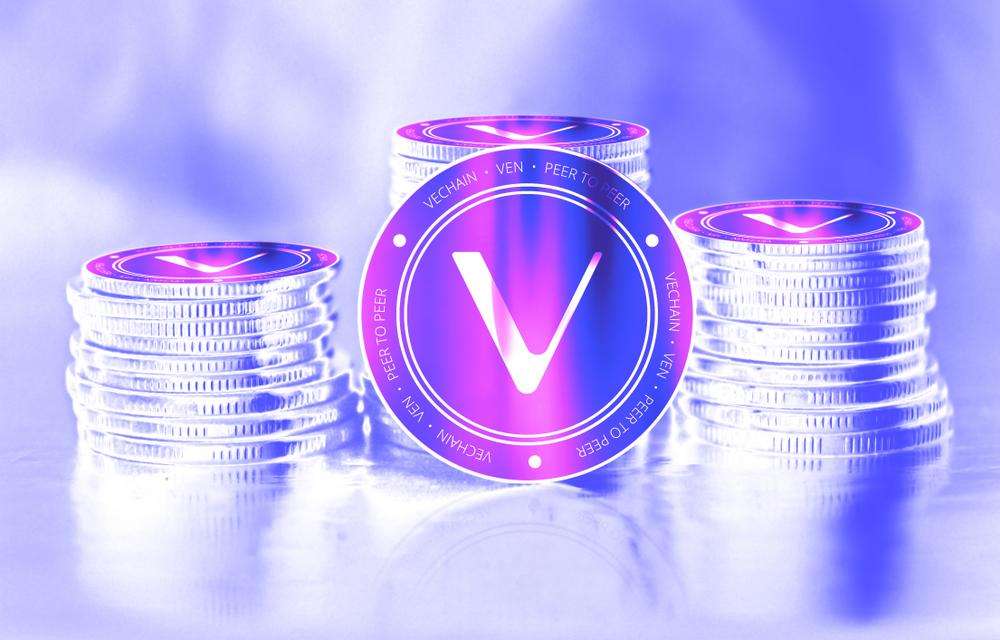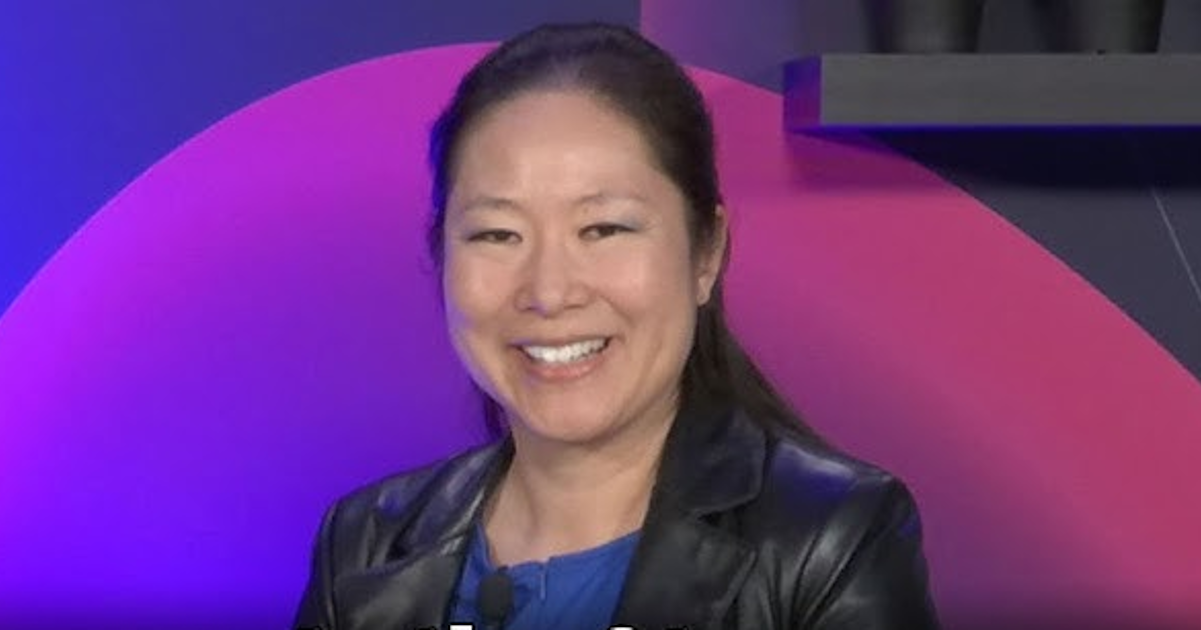India has lowered its tariffs significantly and is almost in sync with average global levels, but the domestic industry is continuing to put pressure on the government to increase tariffs which needs to be analysed, said DPIIT Secretary Amardeep Singh Bhatia.
“…for integration with supply chain, a lot of work has been done in terms of reduction of tariffs. The weighted tariff has come down substantially and is almost at world average level. Of course, there are pressures from the domestic industry that these should be increased. We need to look at why these requests keep coming up. Why are we not competitive enough?” Bhatia said at the CII Global Economic Policy Summit on Wednesday.
Amid Trump’s threats
Bhatia’s comments are significant in light of US President-elect Donald Trump’s stinging criticism of high-import tariff countries, including India, and the increased clamour in sectors such as steel for higher tariff protection against cheap imports.
- Also read: India overtakes US to become Gmail’s largest monthly user base
Bhatia pointed out that Indian industry also has opportunities in terms of supply chain disruptions that happened subsequent to the Covid-19 pandemic. “We also have new technology, new materials and new sectors which are throwing up a lot of opportunities,” he said.
The DPIIT Secretary expressed optimism about the growth of the start-up ecosystem in the country, with new start-ups emerging in tier-2 and tier-3 cities. “About 45 per cent start-ups are coming up in tier-2 and tier-3 cities. Sector specific interventions are being worked out so that start-up movement deepens. It is encouraging to see response not just within the country but also from other nations and collaborations that are coming up,” he said.
Jobs and EPFO
Labour Secretary Sumita Dawra, in her speech at the Summit, pointed out that since 2017, over 7 crore Indians had joined the Employees’ Provident Fund Organisation (EPFO) and the government was undertaking initiatives to enhance employability and skill sets of the workforce.
- Also read: Cipla to bring in inhaled insulin Afreeza from US’ MannKind Corporation
She said the industry should leverage the Employment Linked Incentive (ELI) Scheme that was designed to incentivise the hiring of additional workers, particularly in the manufacturing sector, by offsetting the cost of employing new workers.
The scheme aims to boost labour formalisation, enhance the employability of workers, and support job creation in key manufacturing industries, she added.








Leave a Comment